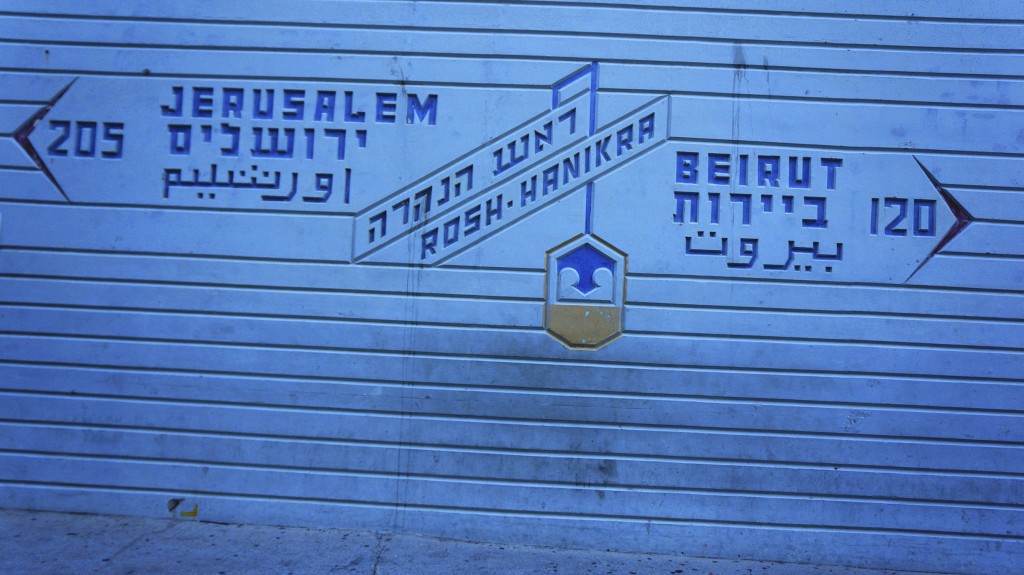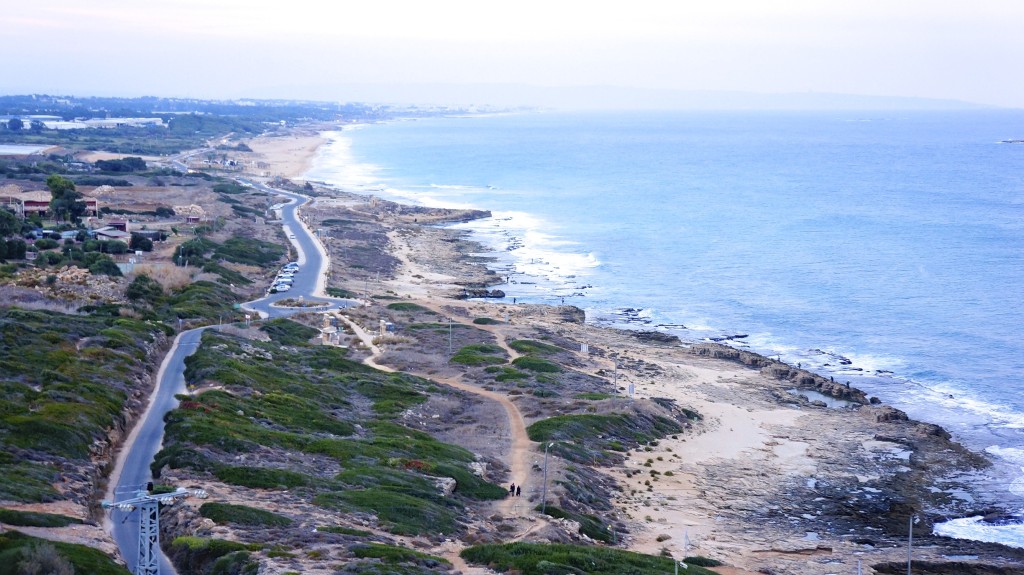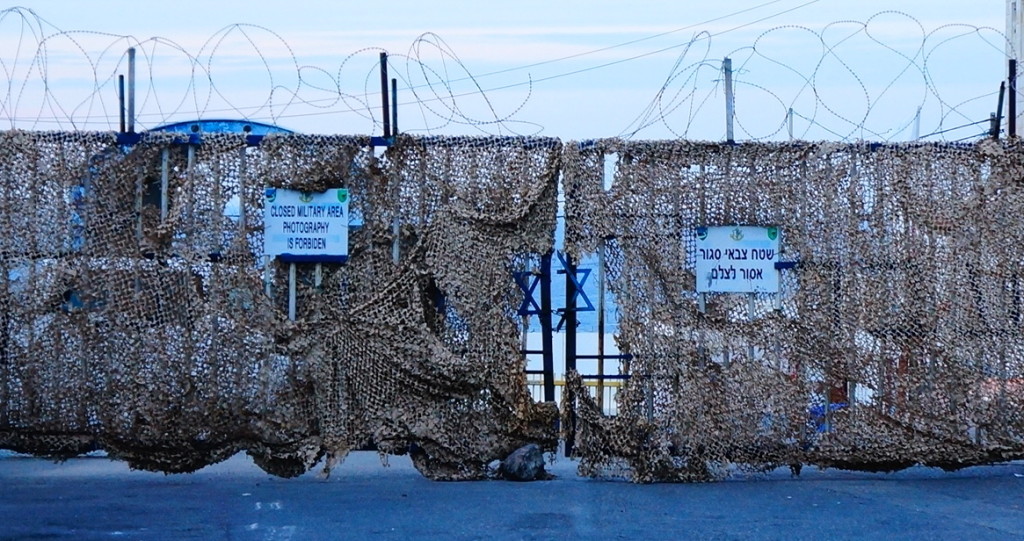It’s staggering that Rosh Hanikra — the border between Lebanon and Israel on the Mediterranean coast — is in the news this week just days after I visited it myself.![]()
![]()
Israeli forces shot and killed two members of the Lebanese army Sunday night after a member of the Israeli Defense Force himself was killed earlier Sunday while driving a vehicle close to the border — it’s the first incident of its kind since 2010.
Rosh Hanikra, a few kilometers north of Akko (Acre), where the Crusaders established their chief port in the 12th century, is itself somewhat of a tourist attraction in Israel — you can take a cable car from the road down to the beach, viewing some striking white cliffs that fall sharply to the sea.
When you approach the border, there’s little to see beyond a locked gate — the actual border lies further beyond what’s clearly a barrier erected by the Israeli military. So it’s not like there’s a line patrolled on one side by Lebanese forces and on the other by Israeli forces — just a foreboding gate with a blue star of David in the middle, with barbed wire ringing around.
For now, Israeli forces believe that the Shiite Lebanese militia and political party Hezbollah (حزب الله) was not involved with Sunday’s border incident between Israel and Lebanon. Hezbollah founded in 1985 as a group devoted to the removal of Israeli troops from the largely Shiite south of Lebanon — Israeli forces occupied Lebanon initially in the mid-1970s during the Lebanese civil war, but continued to occupy southern Lebanon as a means of creating a buffer zone between Lebanon and Israel.
The silver lining to the event is that it seems like a contained, if tragic and unfortunate, event. The last thing the Levant needs right now is heightened military tension between Israel and Lebanon, with Syria’s civil war still raging. The United Nations Interim Force in Lebanon (UNIFIL), which has conducted peacekeeping operations in southern Lebanon since 1978, is working with both Israel and Lebanon to sort out what happened on Sunday (so far, the Lebanese solider appears to have acted alone), and both countries are said to be cooperating.
Though Israeli forces withdrew officially in 2000, clashes between Hezbollah and Israeli troops caused a 34-day war in summer 2006 — a war whereby the rest of Lebanon, its people and its infrastructure suffered significant collateral damage. Since the 2006 war, however, Israel and Lebanon haven’t been involved in any major military engagements. Hezbollah, however, remains one of the strongest forces in Lebanon, where Shiite Muslims have been historically poorer and less politically powerful (in comparison both to Maronite Christians and Sunni Muslims), and it’s as much a political party and a civil aid society as a militia. Most recently, Hezbollah has caused significant alarm within Lebanon over its support of Bashar al-Assad in the Syrian civil war. The fear has been that Hezbollah’s unabashed support of the Assad regime will cause a corresponding push of support among Lebanese Sunnis in favor of anti-Assad rebels, thereby dragging Lebanon into Syria’s two-year conflict — a fate that Lebanon has largely avoided, outside of skirmishes in the north near Tripoli.



